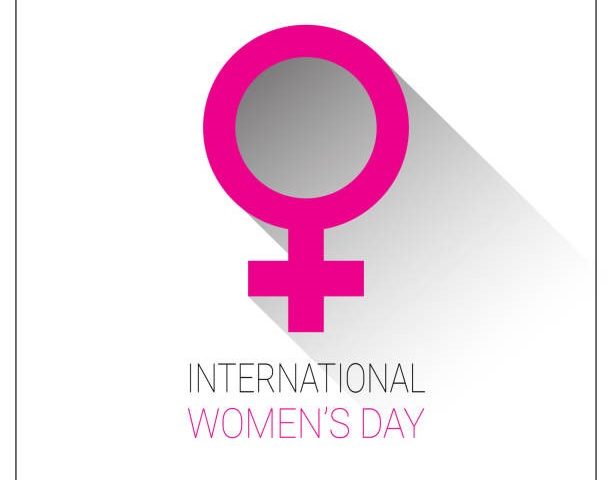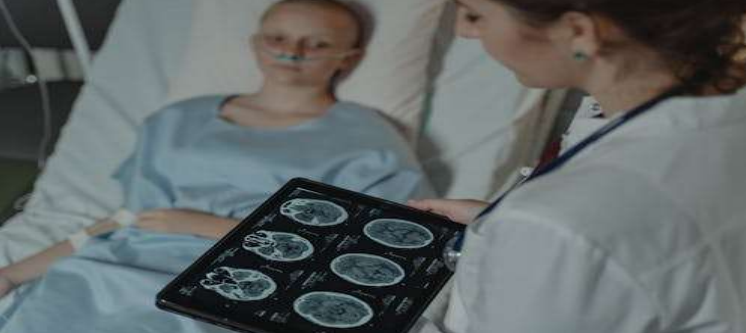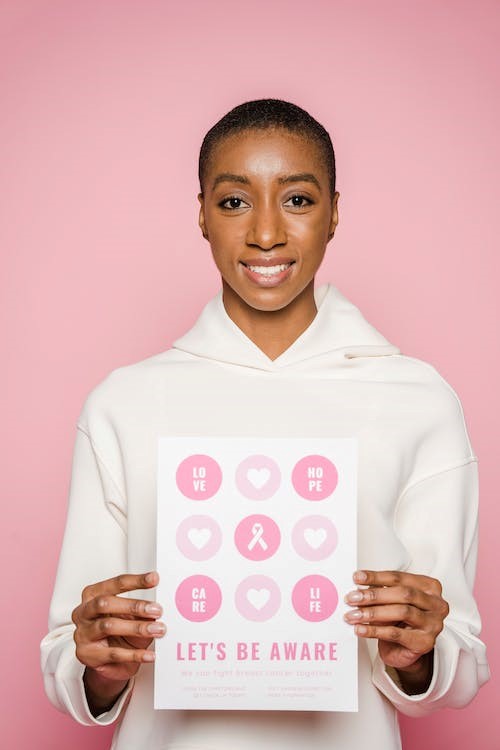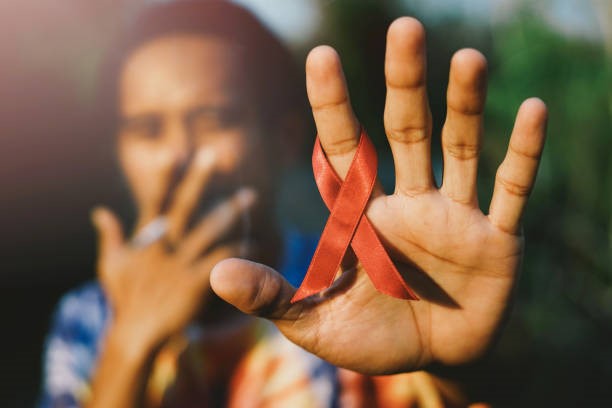Women’s Right To Health And Protection


International Women’s Day (IWD) is a global day marked annually on March 8, celebrating the social, economic, cultural and political achievements of women — whilst also making a call to action for alleviating gender equity. This year’s campaign theme for IWD is #GENDER EQUITY bringing to light the fact that each one of us can help create a gender equal world. An equal world is a functioning world.
The discussions around gender equality in Nigeria’s health sector reveal the alarming imbalances and access to health that exist between men and women in Nigeria. While there have been strides towards ensuring that women have more access to healthcare services, the conversation about equality goes deeper than this, and touches all aspects of the health sector, specifically leadership, education, and empowerment. Nigeria Health Watch spoke to several leading health advocates to understand the gaps that women face when it comes to gender equality in healthcare, and what can be done about it.

ELEANOR NWADINOBI is a Nigerian medical doctor. She is currently the International President of the Medical Women’s International Association for female doctors and dentists. The Association has been in existence for 100 years in over 90 countries. Through her Association, Eleanor is working on the prevention of breast and cervical cancers through increasing awareness – promoting activities within communities, screening services for breast and cervical cancers as well as non-communicable diseases like diabetes and hypertension.
Eleanor works with sensitive groups such as infants, pregnant women, people living with disabilities, elderly, and survivors of sexual violence, hard-to-reach and conflict-affected communities, internally displaced persons and street children. She also works with widows of conflict including child widows and those who have suffered harmful traditional practices.
The Association incorporates a designated campaign called the Women’s right to health information (WORTHI). This operates on the belief that if medical information is made simple and easy to understand and delivered to women in the local language, then communities can receive and act on lifesaving information. The Association carries out the (WORTHI) campaign in communities so that mothers who are the main care givers in their home can use this lifesaving information to save their own lives and those of their families.
The Association actively advocated through parliament for the passage of Violence against persons prohibited (VAPP) act in 2015 which was enacted this was after a 14 year run of activism and civil society which pioneered legislative advocacy. The act entitles victims to comprehensive medical, psychological, social and legal assistance by government agencies. And also stated prosecution and punishments for female genital mutilation, and harmful traditional practices.
This International Women’s Day, as you celebrate the strides and achievements that women have made all over the world, actively choose to challenge the stereotypes and fight the bias that often reinforce gender inequality in the Nigerian health sector. Every one of us can do something to broaden perceptions and improve situations for women. Collectively, each one of us can help create a gender equal health sector in Nigeria.



